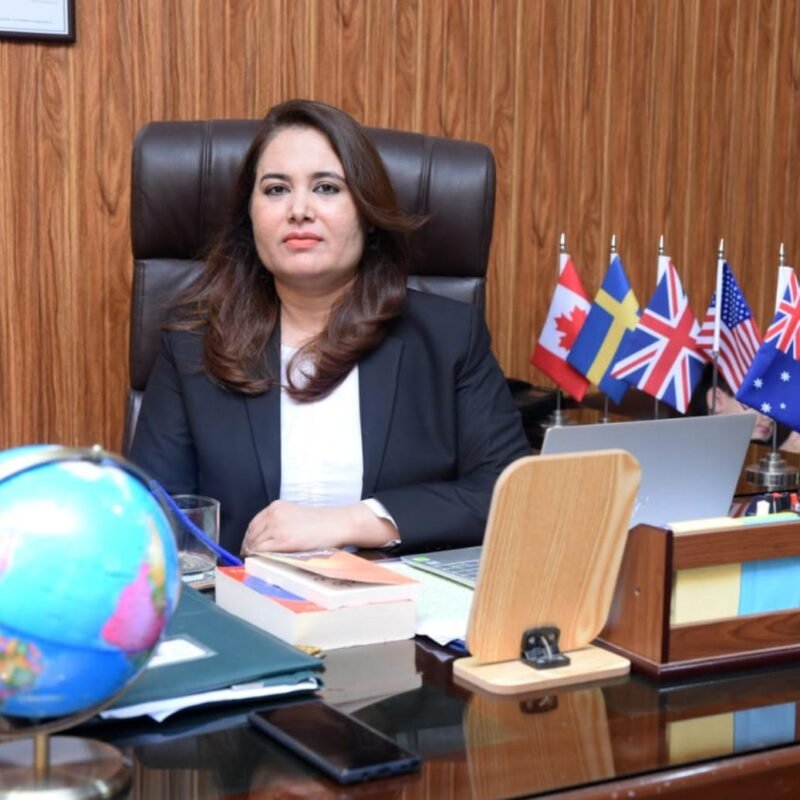

Study Visa
A study visa is a type of visa that allows individuals to enter a foreign country for the purpose of pursuing an educational program, such as a degree, diploma, or other recognized qualification. Here are the key points related to study visas:
1. Purpose:
The main purpose of a study visa is to enable students to live in a foreign country while they attend educational institutions, such as universities, colleges, or language schools.
2. Eligibility Requirements:
Eligibility criteria for a study visa can vary by country but generally include:
Acceptance Letter: Proof of acceptance into a recognized educational institution in the host country.
Valid Passport: A passport that is valid for the duration of the study period and beyond.
Financial Means: Proof of sufficient funds to cover tuition fees, living expenses, and other related costs. This may include bank statements or scholarship letters.
Language Proficiency: Evidence of language proficiency (e.g., IELTS, TOEFL) may be required, especially for non-native speakers.
Health Insurance: Some countries require proof of health insurance coverage for the duration of the studies.
3. Application Process:
The application process for a study visa typically involves the following steps:
Gather Documentation: Prepare required documents, including a completed visa application form, passport-sized photos, acceptance letter, and financial statements.
Submit Application: Apply through the relevant embassy, consulate, or online portal of the host country.
Visa Fees: Pay the required visa application fee, which varies by country.
Interview: Some applicants may be required to attend an interview at the embassy or consulate.
Processing Time: Processing times can vary significantly, so applicants should apply well in advance of their planned travel dates.
4. Duration of Stay:
Study visas typically grant permission to stay for the duration of the academic program, plus any additional time for preparation or travel (often ranging from a few months to a year). Extensions may be possible in some cases.
5. Work Authorization:
Many countries allow international students to work part-time while studying, typically up to a certain number of hours per week. However, regulations vary, so students should check the specific rules of the host country regarding work during studies.
6. Rights and Limitations:
Study visa holders have certain rights, including access to healthcare in emergencies, but they must comply with the visa conditions and local laws.
Violating the terms of a study visa, such as overstaying or engaging in unauthorized employment, can result in deportation and future entry bans.
7. Countries Offering Study Visas:
Various countries offer study visas, including:
United States: The F-1 Student Visa allows international students to study at accredited institutions in the U.S.
Canada: The Study Permit allows international students to pursue academic programs in Canada.
United Kingdom: The Student Visa is for individuals who wish to study in the UK for courses that last more than six months.
Australia: The Student Visa (subclass 500) allows students to study full-time in registered courses in Australia.
8. Post-Study Work Options:
Many countries offer post-study work visas that allow graduates to remain in the country and seek employment after completing their studies. The duration and eligibility criteria vary by country.
9. Visa Denial:
Study visa applications can be denied for various reasons, including insufficient financial means, lack of a clear study plan, or previous immigration violations. Applicants have the right to appeal certain denial decisions, depending on the country’s immigration policies.
Conclusion:
A study visa is essential for individuals seeking to further their education in a foreign country. Understanding the eligibility requirements, application process, and limitations of the visa is crucial for a successful application and a rewarding educational experience abroad. Always check the specific regulations and requirements of the destination country before applying for a study visa.



